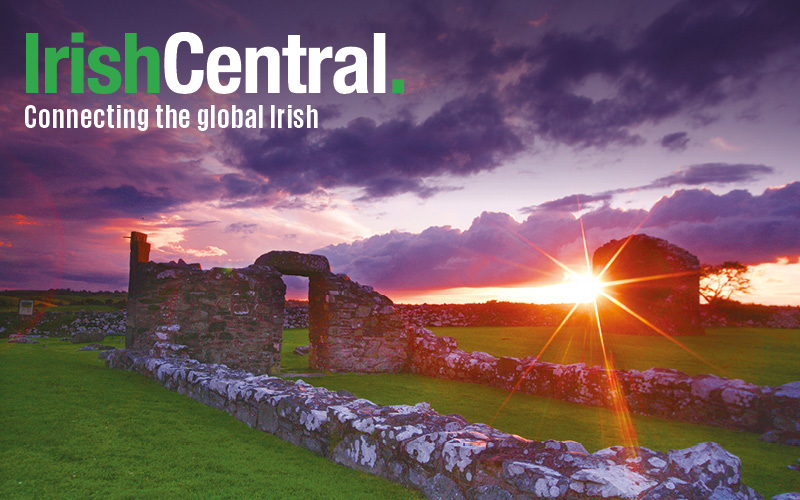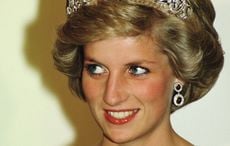Dubliner Peter Leech was commemorated on Sunday on the 150th anniversary of his massive gold discovery in Canada’s British Columbia.
During an 1864 expedition on Vancouver Island, Leech found enough gold in the Sooke River (a portion of which is now called the Leech River) to employ 4,000 men, sparking a serious gold rush.
The gold rush was one of the first economic jolts in (what was at the time) a British colony, and offered a good prediction of all of British Columbia’s economic promise. It also attracted large numbers of people.
What had been an empty area quickly became “Leechtown”—a mining town with over 1,000 mining sites, general stores and saloons. The lumber industry took off and railways were built. Merchants, tradesmen, importers and builders flocked to the area, beginning a hugely important development on Vancouver Island. And after the gold rush ended, many decided to stay put.
In a letter that Leech wrote predicting the gold’s worth he said, “the gold will speak for itself,” which inspired Irish author and emigrant Dr. Patrick Lydon to write a book (titled “The Gold will Speak for Itself”) about Leech’s contribution to Canadian history.
Leech had joined the British army in Ireland and was posted to the Royal Engineers. After he served in the Crimean War, his regiment was posted near New Westminster in Canada, and he decided to settle in the colony rather than return to Ireland.
Though some believe Leech gets more credit than he deserves, claiming he was “just at the right place at the right time,” there is no denying the fact that he was a pioneer of the new world and contributed greatly to Canada’s economy.
The ceremony took place in Ross Bay Cemetery, where Leech is buried. He’d faded into obscurity for a while, as his name was miswritten on a record and printed as “Peter Luck” on a headstone. When finally replaced in 2009, the small stone with the single word “Leech” inscribed had been overgrown with moss.
At the 150th anniversary ceremony, British Columbia’s Lt.-Gov. Judith Guichon laid a wreath on his new, burnished headstone. She also visited the Vancouver Island Placer Miners Association near Leechtown (which is now a ghost town), where a new plaque is to be installed as a tribute to the gold rush.




Comments